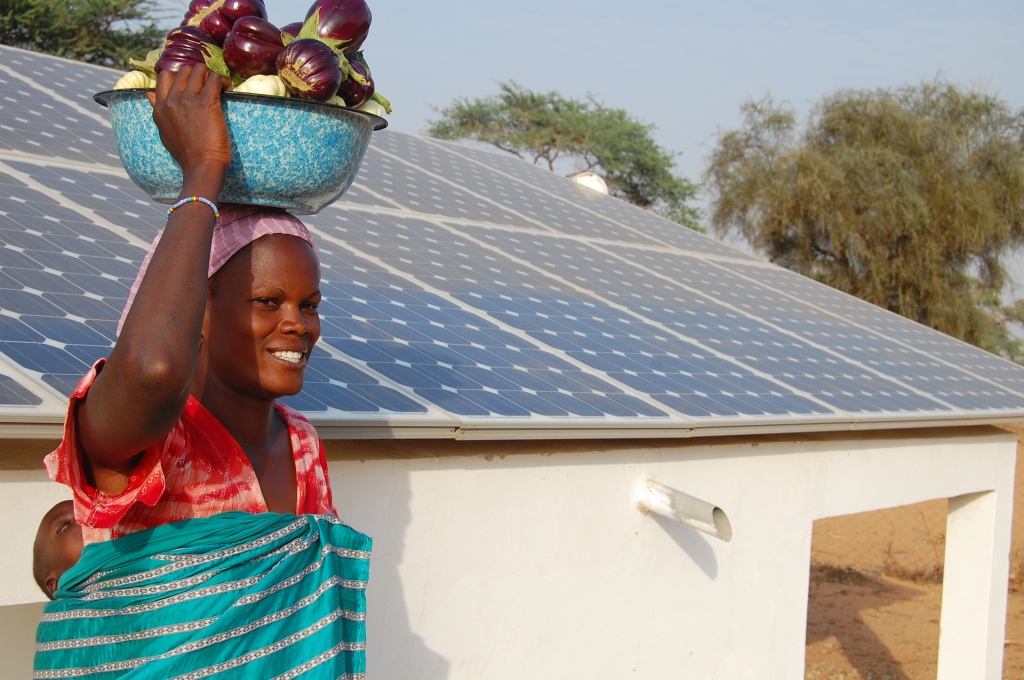It is predicted that renewable energy will penetrate the system rapidly owing to their predicted long-term costs, which are expected to decline over time due to production efficiency. This, along with favourable Government polices, puts renewable energy in direct competition with fossil fuels.
Is the fossil fuel industry being too complacent about the speed at which renewable energy will disrupt their business in the next 3 decades?
BP, one of the world’s top oil and gas corporations is predicting and even encouraging the imminent demise of its core business. The oil giant is pledging to cut its production of fossil fuels by 40% by the end of this decade, while increasing its investment in low carbon energy tenfold and is aiming to be a thriving, sustainable net zero company by 2050. Despite there not being a sustained decline on fuel trade, it is predicted that the oil trade may never recover to pre Covid-19 levels as it continues to decline somewhere between 50 and 75%. Also the industry may flat line at this level for the next 10 or 15 years before gradually drifting down due to electrification of transportation.

The economics of the energy industry rather than green activism are causing a great transformation in the kind of energy we consume. The right energy mix will allow Africa to develop rapidly while respecting the emission levels required under the 2015 Paris Agreement, in which governments commit to limiting global warming to 2°C above preindustrial levels. Prices for renewable energy have fallen substantially in the past few years, especially for solar power, whose cost decreased 77 percent between 2010 and 2018 according to the International Renewable Energy Agency.
‘Energy transition may take longer to happen than you expect. And then happen far more quickly once it starts to occur’ – Don Bush, German economist
While biomass, geothermal energy, and hydropower cost the least, these sources have limited potential. More promising for large-scale expansion of renewable electricity generation are solar and wind power, whose prices are now in the same range as those of fossil fuels. In addition, conditions for solar energy are excellent in Africa, where sunshine is not only abundant but also much more reliable than elsewhere. And investment into renewables is in fact picking up in Africa. The Lake Turkana Wind Power project in Kenya is one such success story. African countries must continue to make substantial efforts to attract private investment to the renewable sector by making improvements in governance to reduce political risk and reforming the financial sector to boost the green bond market.